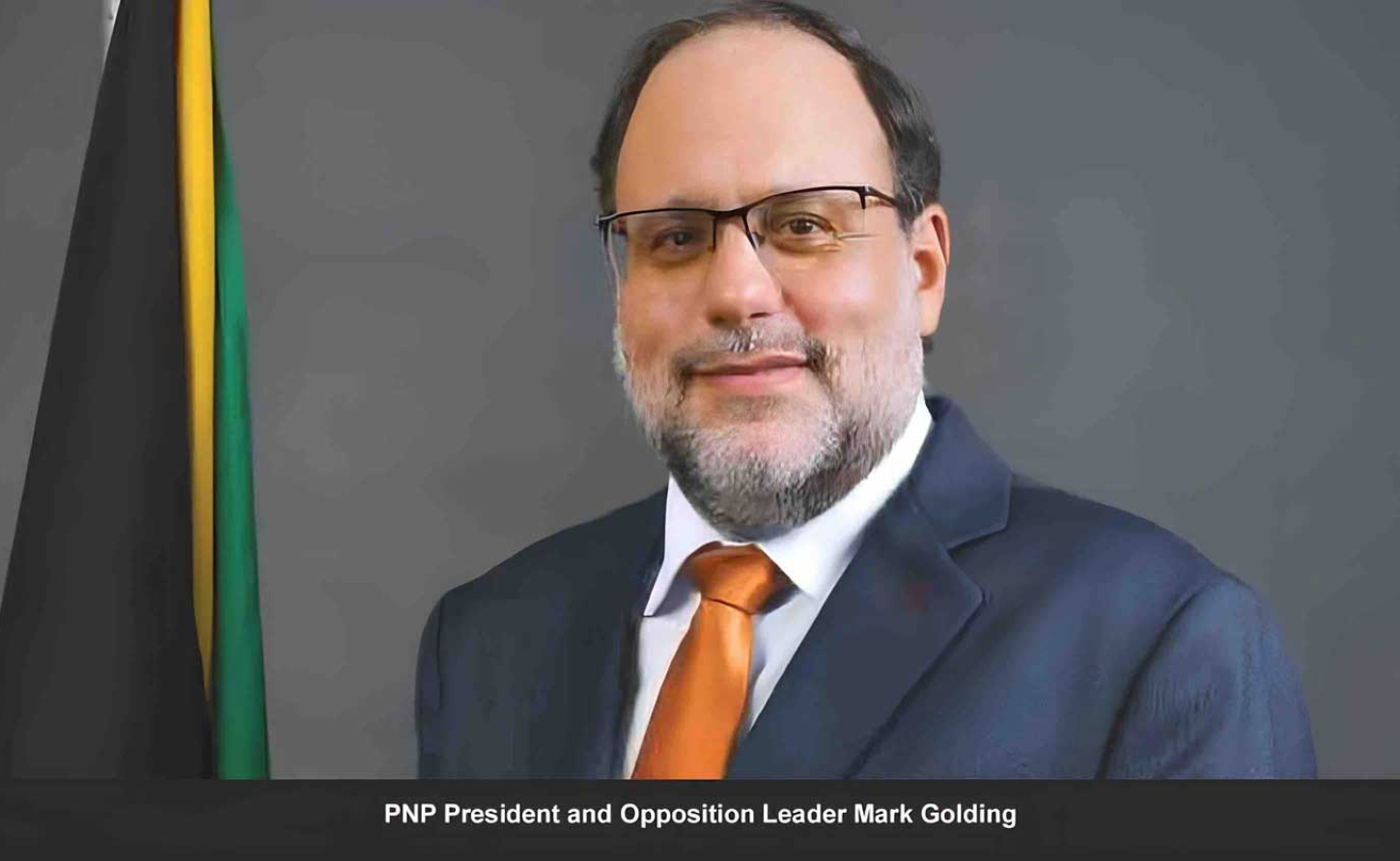JAMAICA | Jamaica's Promise is in Danger, Says Opposition Leader Mark Golding in Scathing Independence Day Message

KINGSTON, Jamaica, August 6, 2025 - In an Independence Day address that doubled as an indictment of the current Holness regime, Opposition Leader Mark Golding painted a stark portrait of a nation whose founding promises are "in danger of being lost" after 63 years of independence.
Speaking on Jamaica's 63rd Independence anniversary, the People's National Party leader delivered what amounted to a comprehensive takedown of the Andrew Holness administration's record, using the solemn occasion of national comemmoration to continue his critique yet of the government's stewardship.
The Numbers Don't Lie
Golding didn't mince words, wielding statistics like weapons against what he characterized as governmental failure across multiple fronts. National productivity has plummeted by over 20% since 2007, he declared, while economic growth crawls at a dismal 1% annually. Perhaps most damaging to the ruling Jamaica Labour Party's pro-business rhetoric: foreign direct investment has collapsed to less than one-third of its 2016 levels.
"We cannot accept a stagnant economy," Golding thundered, systematically dismantling the administration's economic narrative with data that reveals the harsh reality behind unemployment statistics that "hide the reality of life in low wage jobs."
The opposition leader's most devastating blow targeted food security, revealing that 55% of Jamaicans endure "moderate to severe food insecurity"—a statistic that exposes the hollowness of government claims about economic progress.
Education System in Crisis
Golding's assault on the government's education record was equally merciless. More than 30% of students are leaving primary school without basic literacy and numeracy skills, while fewer than 20% complete secondary school with five subjects including mathematics and English—fundamental requirements for meaningful economic participation.
These aren't abstract policy failures, Golding argued, but systemic breakdowns that doom generations of Jamaican youth to economic marginalization in their own country.
Healthcare Regression
Perhaps most shocking was Golding's revelation that Jamaica's infant and maternal mortality rates have worsened compared to levels achieved three decades ago—a stunning regression that he characterized as a betrayal of the most vulnerable citizens. The "sub-standard and demeaning" conditions in public hospitals, he argued, represent a fundamental failure of governance.
Infrastructure Collapse
The opposition leader painted a picture of national decay: "shoddy, dilapidated" roads suffering from years of neglect, and water distribution systems so inadequate that countless communities lack piped water in their homes. These aren't merely inconveniences, but fundamental barriers to economic development and human dignity.
Democratic Backsliding
Golding's most serious allegations centered on what he termed "alarming creep towards more autocratic tendencies." He accused the government of deliberately undermining critical oversight institutions—the Integrity Commission, Financial Investigations Division, and Office of the Political Ombudsman—that serve as democracy's guardrails.
This systematic weakening of accountability mechanisms, Golding argued, represents an existential threat to the democratic principles that independence was meant to protect.
Brain Drain Exodus
The opposition leader delivered perhaps his most emotionally charged critique when addressing Jamaica's brain drain crisis—the highest in the Western Hemisphere. Young Jamaicans are fleeing not from lack of patriotism, but because "what is happening here at home cannot meet their daily needs and cannot carry them forward to fulfil their dreams."
This mass exodus of talent, Golding suggested, represents the ultimate verdict on the current administration's failures.
The Crossroads Moment
Framing the upcoming electoral period as a "crossroads in history," Golding positioned his critique within the broader narrative of Jamaica's independence struggle. Just as the Maroons, Takyi, Sam Sharpe, and Paul Bogle fought for freedom, contemporary Jamaicans face their own liberation struggle—this time from economic stagnation and governmental incompetence.
"Jamaica needs leaders who tell the people the truth, rather than empty promises which never see the light of day," Golding declared, drawing a sharp contrast between his data-driven critique and what he characterized as the government's hollow rhetoric.
The Gauntlet Thrown
Golding's Independence Day message represented more than ceremonial opposition—it was a comprehensive indictment that transforms national celebration into electoral battleground. By weaponizing Jamaica's founding ideals against the current administration's record, he's essentially argued that true independence remains unfulfilled under JLP leadership.
Whether Jamaican voters will embrace Golding's diagnosis of national decline, or dismiss it as partisan politics dressed up in patriotic language, may well determine the country's political future.
The "time of choice is nigh," as Golding put it—and he's made clear exactly what choice he believes Jamaicans should make.
-30-
